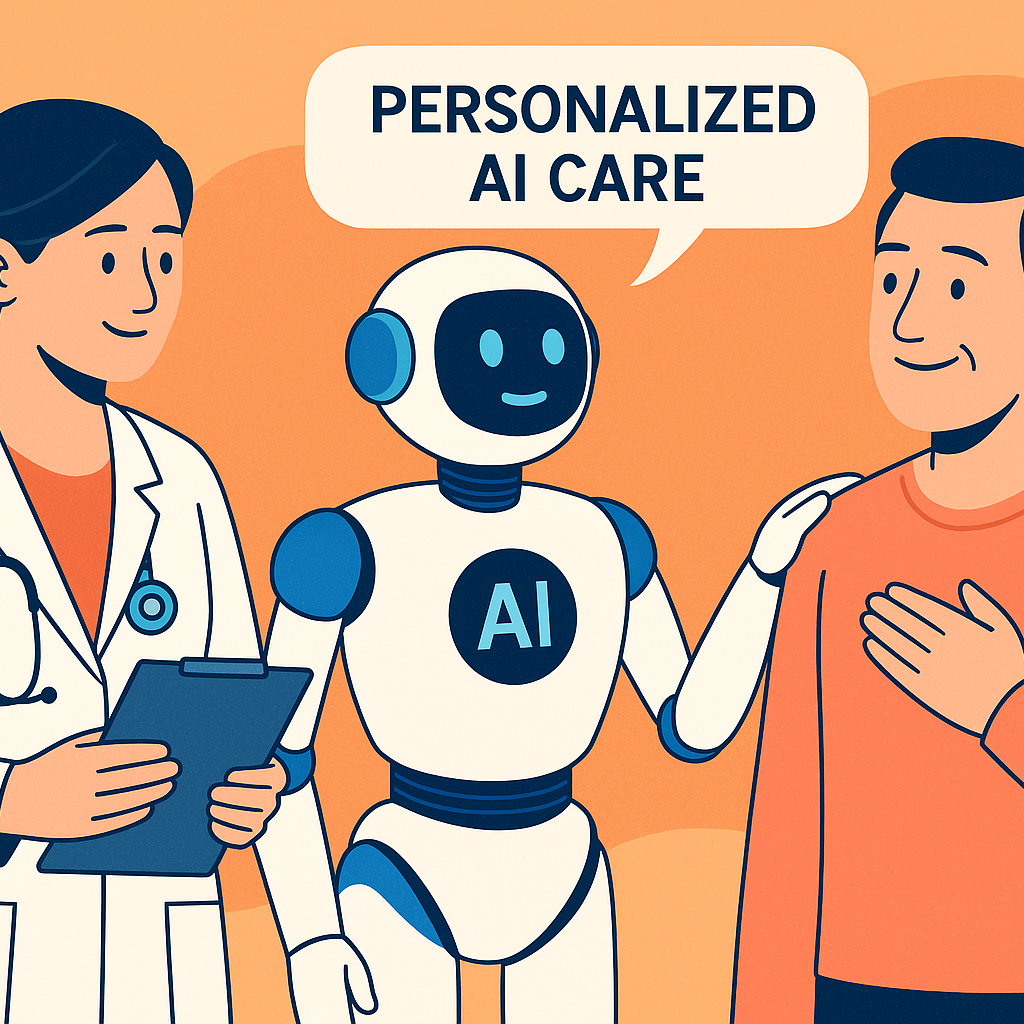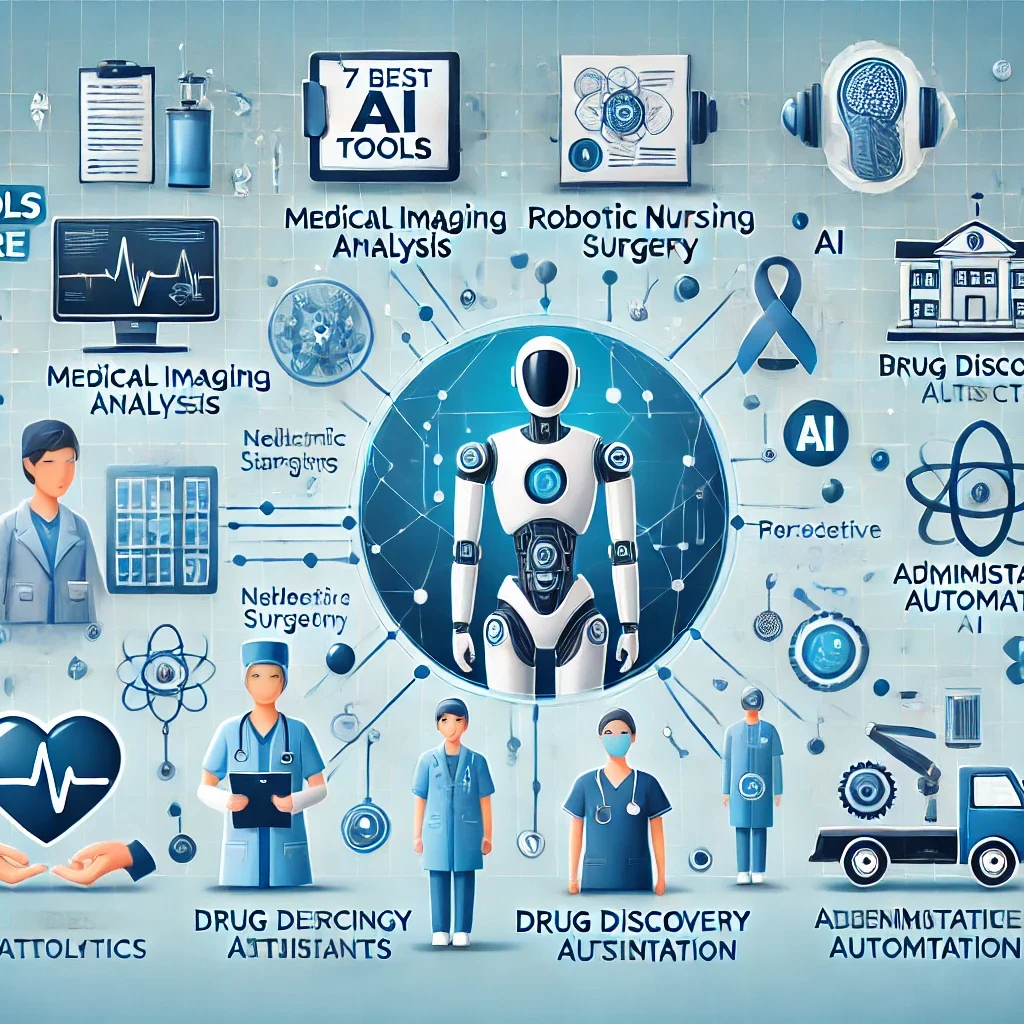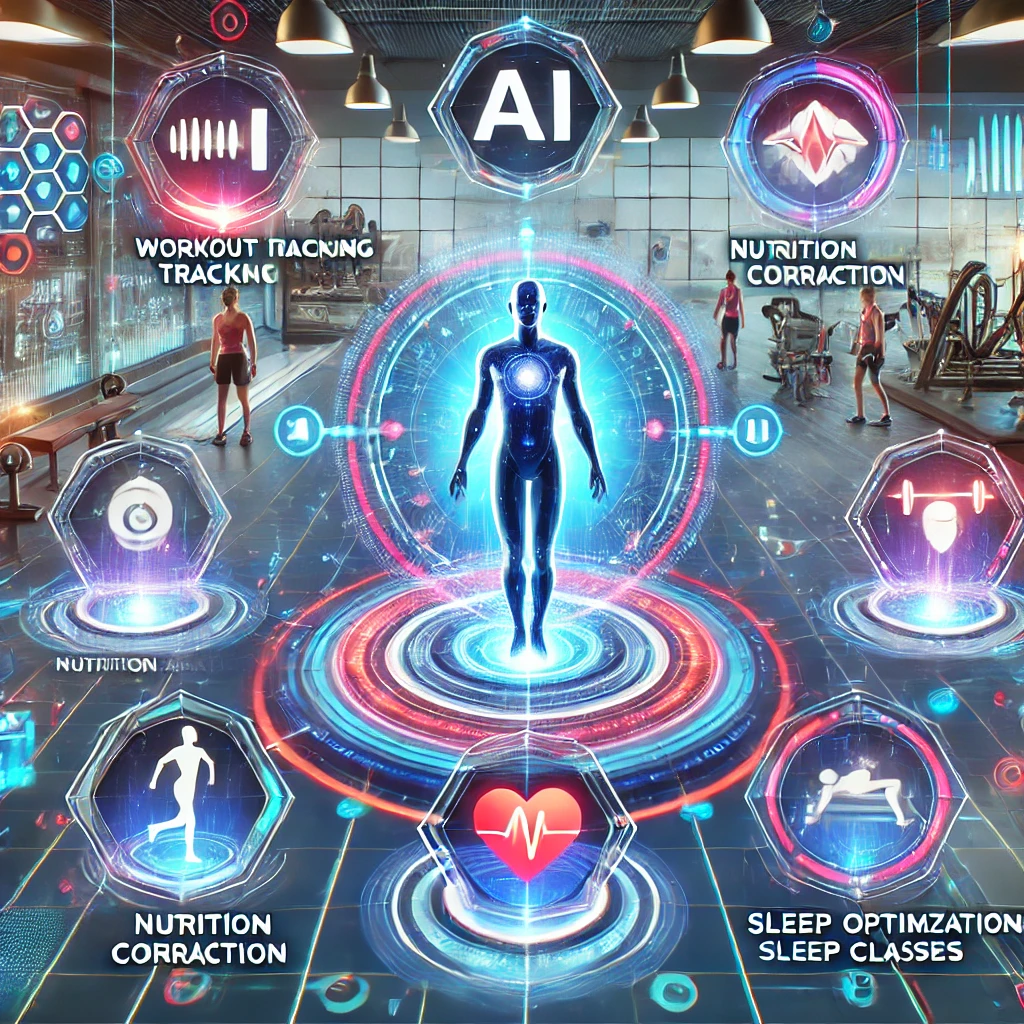Smart Medicine: Personalized Care for Better Outcomes
Artificial Intelligence (AI) has grown from being a futuristic idea into a transformative and disruptive power, which is fast changing all aspects of human existence. AI transforms every domain of life including healthcare and education as well as business and entertainment. AI technology drives major transformative changes while automating repetitive work and delivering personalized experiences, and extracting massive data insights. The world is experiencing an extremely interesting period because machines now perform human tasks while enhancing their own reasoning and decision-making capabilities. We can compare the ongoing transformation as a unprecedented historical development like the industrial revolution. Earlier medical treatment adopted a uniform approach to patient care. Medical professionals used to administer almost identical treatments to all patients who had the same illness. Every individual shows different responses to treatment. The recovery pace of patients varies since some heal fast but others do not react and some experience adverse effects. Personalized medicine represents a new advanced method, which serves as an improved approach to medical treatment. The practice of precision medicine under the name personalized medicine develops individualized treatment strategies through analysis of genetic profiles and personal characteristics and environmental factors. The goal of this approach is to provide appropriate medical solutions to the correct patient population at optimal treatment times. The article will examine the concept of smart medicine; how personalized care can be introduced for better outcomes through the application of AI including moral and ethical implications. What Is Personalized Medicine? Healthcare decisions receive direction from genomic data together with medical history information and real-time monitoring within personalized medicine. Doctors now utilize DNA and biological marker information to forecast: • Which medication will work best • What dosage is safe and effective • What diseases the patient is at risk of developing Targeted therapies based on BRCA1 and HER2 gene mutations are now provided to specific breast cancer patients. For example, the medical treatment of lung cancer patients includes genetic mutation-targeting drugs. How Does It Work? The practice of personalized medicine depends on sophisticated technologies including: • Genetic testing – To analyze DNA and identify mutations The medical field uses biomarkers as indicators which appear in blood and tissue to predict diseases and treatment responses. • Artificial Intelligence (AI) – To process large amounts of health data quickly • Wearables and Apps – To track patient behavior and health in real-time The gathered data enables medical professionals to develop individualized treatment approaches which differ from standardized population-based protocols. Benefits of Personalized Medicine 1. Improved Treatment Outcomes The implementation of personalized medicine improves success rates because it provides evidence-based treatment approaches tailored to each patient. 2. Fewer Side Effects The delivery of precisely targeted treatments minimizes the occurrence of adverse side effects in patients. 3. Early Detection and Prevention Doctors utilize genetic analysis to identify potential risks which enables them to detect diseases before symptoms develop and potentially prevent diseases from occurring. 4. Cost-Effective in the Long Run The initial expense of testing personalized medicine will pay off in the long run through decreased costs related to ineffective treatments and hospital stays. Ethical Considerations in Personalized Medicine The promising benefits of personalized medicine require thorough evaluation of multiple serious ethical concerns. 1. Privacy and Data Protection The practice of personalized medicine requires access to sensitive information that includes DNA samples together with lifestyle information and health records. Who controls this data? How secure is it? The potential exists for improper use of data when adequate protective measures are not established. The improper handling of personal data by unauthorized parties through cyberattacks or insurance company access threatens to damage patient trust and create discriminatory practices. 2. Genetic Discrimination What happens if your genes show a higher risk for certain diseases? Could employers or insurers treat you differently? Many countries including Indian regions do not have sufficient legal protection for genetic information but the Genetic Information Non-discrimination Act (GINA) operates in the United States. 3. Access and Equity The implementation of personalized medicine approaches could potentially increase healthcare disparities. The high cost of these tests and treatments restricts their accessibility to wealthy urban populations who leave behind underprivileged rural areas. Healthcare ethics must provide equal medical services to everyone regardless of financial status or location. 4. Informed Consent Numerous patients remain unaware about the specific uses of their genetic information. Healthcare providers need to guarantee that patients receive complete understanding about the consent process which should avoid both hurry and unclear explanations. The Future of Personalized Medicine The progress of technology will bring personalized medicine closer to widespread adoption and reduced costs. The treatment applications will extend to include: • Mental health disorders (e.g., depression treatment based on brain chemistry) • Autoimmune diseases • Rare genetic disorders • Lifestyle diseases like diabetes and hypertension Healthcare systems together with governments should establish ethical frameworks to protect populations while supporting innovation development. Conclusion: A Smarter, More Human Approach to Healthcare Healthcare experiences a revolution through personalized medicine because this approach transforms medical interventions from universal protocols into individualized paths. Personalized medicine brings new possibilities for enhanced treatment outcomes combined with diminished side effects and extended life expectancy. But we must move carefully. Great power exists in data which requires appropriate responsibility. Our transition to this new healthcare model demands equal attention to both innovative practices and ethical standards as well as compassionate care and respect for patient privacy. Personalized medicine extends beyond scientific principles because it requires treating patients as individuals rather than statistical data.
Smart Medicine: Personalized Care for Better Outcomes Read More »






